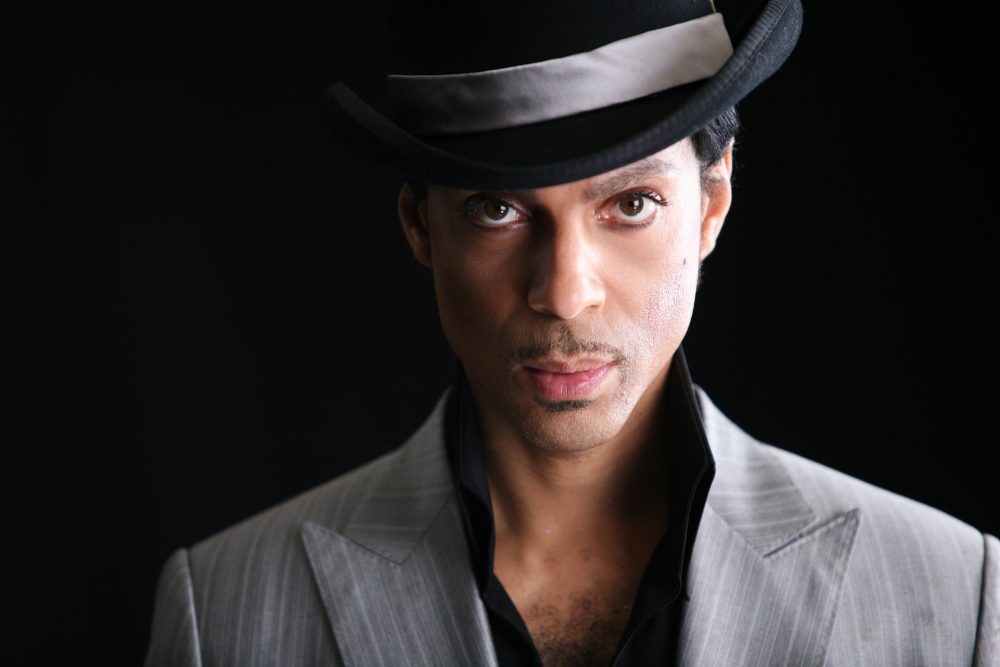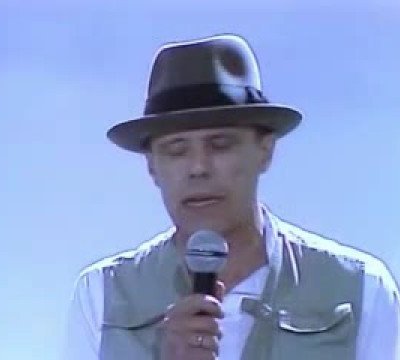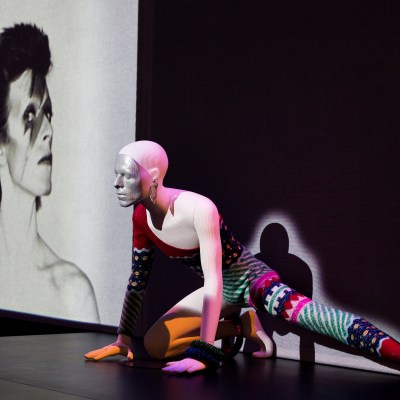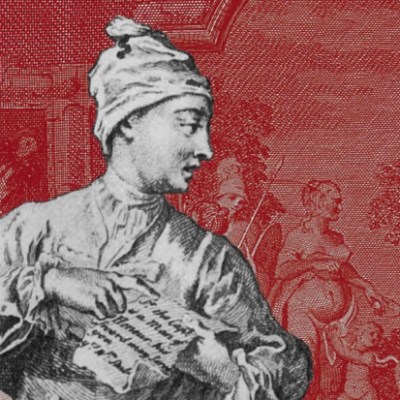Following Prince’s death, it seemed as though his iron grip on his legacy was about to loosen. There has been talk of the release of material from the ‘vault’ at his Paisley Park estate: hundreds, if not thousands, of unreleased recordings. And yet the spectre of the purple master of privacy hangs over ‘My Name is Prince’, an exhibition dedicated to his memory, as if he were still alive, regulating access and withholding the deepest knowledge. This display of the artist’s clothes, instruments, and related memorabilia, at the site of his record-breaking run of 21 London shows exactly a decade ago, will delight anyone who likes Prince, but mildly frustrate anyone who presumes to love him.
Purple Rain jacket shirt. John Wagner Photography
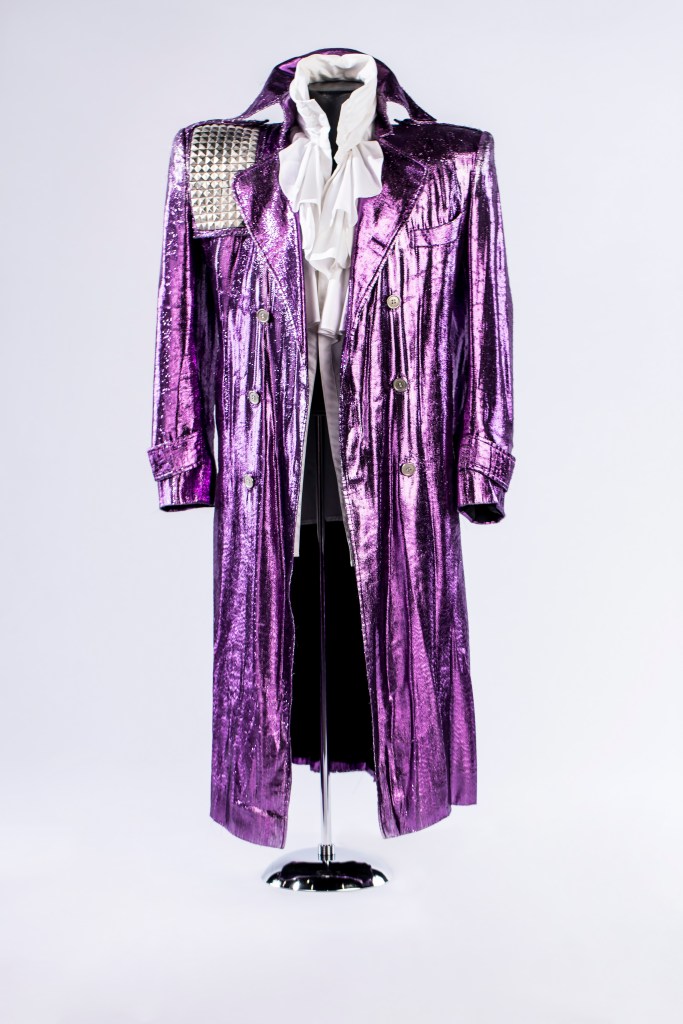
As you enter, the walls are lined with record sleeves and mounted screens. Video clips reveal their riches through the audio guides you are given at the entrance. Next to these are the outfits that the man himself wore, from the distinctive mixture of 18th-century and Regency fashions in his matching suits and heels from the era of The Revolution to his ‘third-eye sunglasses’ of a few years back, with their superfluous third lens at forehead level.
The original Cloud bass guitar that inspired Prince’s Cloud. John Wagner Photography
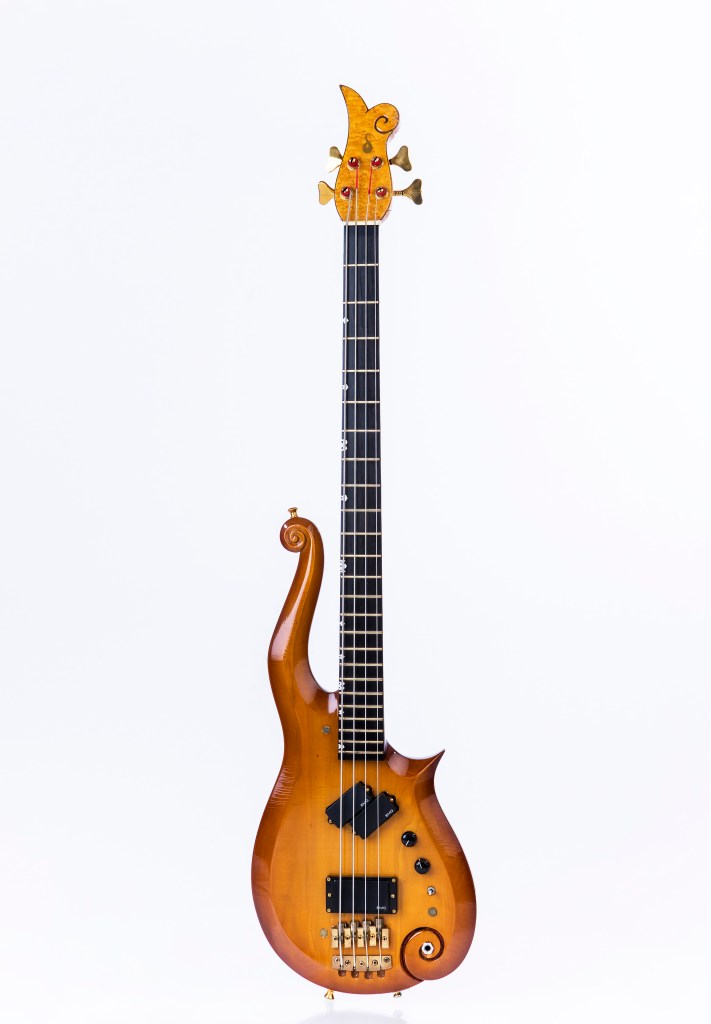
And then there are his distinctive instruments. For his first TV appearance, Prince sawed off the top-left corner of his Gibson rather crudely and covered it in leopard-print fabric. A year later he started getting experts to do it. (He even had instruments with uniquely extravagant bodies made just for recordings.)
Cloud guitar made for Prince’s Super Bowl performance in 2007

You can see a logic in these first customisations that would persist through Prince’s entire career: his embryonic vision of the perfect guitar aesthetic and shape. He found what is known as the ‘Cloud’ bass – the instrument that inspired his balloon-animal of a guitar, made famous by the film Purple Rain (1984) – in a second-hand shop. And this design continued to be replicated up to the 21 Nights at the O2, in a guitar of the same design as the original Cloud he stumbled on all those years ago.
Due to his virtuosity, his self-mythologising, and his traversing of art forms, Prince inspires an uncommonly detailed level of interest in his work. Completists and mega-fans may find the trappings of this exhibition – the audio guides dictating your route, the promotional videos for Prince’s Minneapolis studio – somewhat irritating, wanting to get much closer to the mystery than the Paisley Park-approved circus lets them. Before you enter, your smartphone is locked in a foam pouch to be retrieved on your way out – a rather excessive measure by any exhibition’s standards. Then again, Prince was a man who not only disliked the intrusion of the press, but even wrote the music for his support acts, so that he could oversee everything that his audiences experienced from the moment they entered the auditorium. You’d be a fool to think that ‘My Name is Prince’ would be any less tightly managed.
The most worthwhile aspects of the display are about the man himself: Prince Rogers Nelson, not ‘The Artist’ or the symbol. And this man was a living example of what is often considered an archetype or even cliché of genius: he could not stem the flow of his ideas. In one glass case, you see designs for a ‘New trench muslin w/ corrections’ scribbled on brown envelopes. In another, alternate lyrics for ‘1999’ are corrected in purple ink. And the very smallness of those larger-than-life costumes, especially when he isn’t there to fill them out, emphasises that Prince was only human.
Raspberry Beret cloud suit. John Wagner Photography
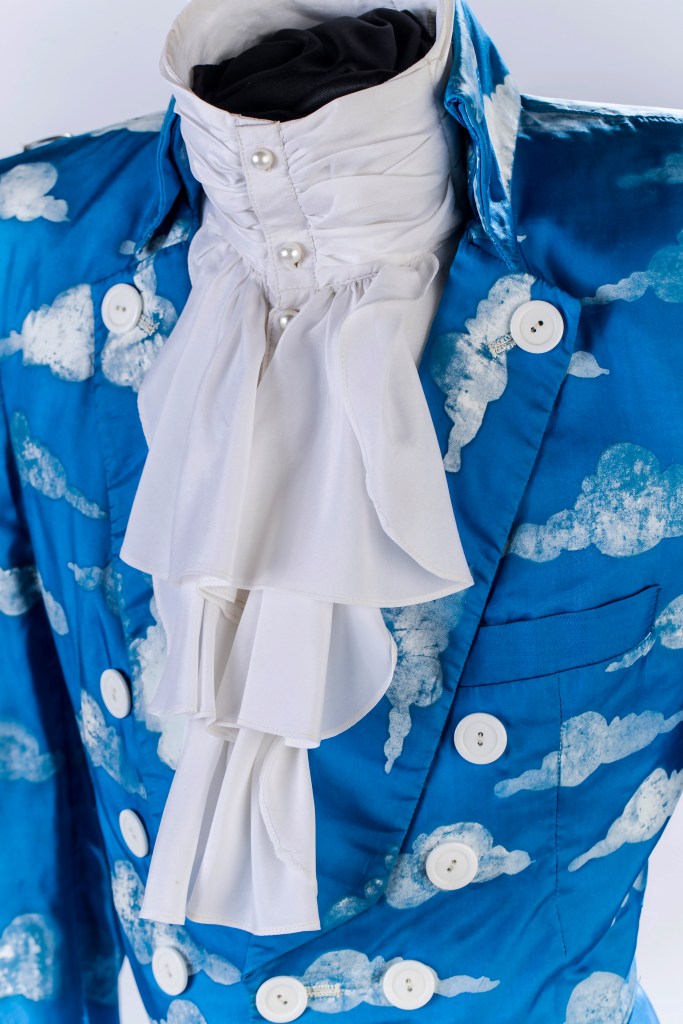
That Prince will never wear those suits again makes them seem even more like the dress of another time. What a joy it is, though alloyed, to be able to travel back there for an hour.
‘My Name is Prince’ is at the O2, London, until 7 January 2018.
